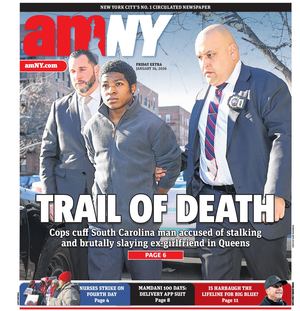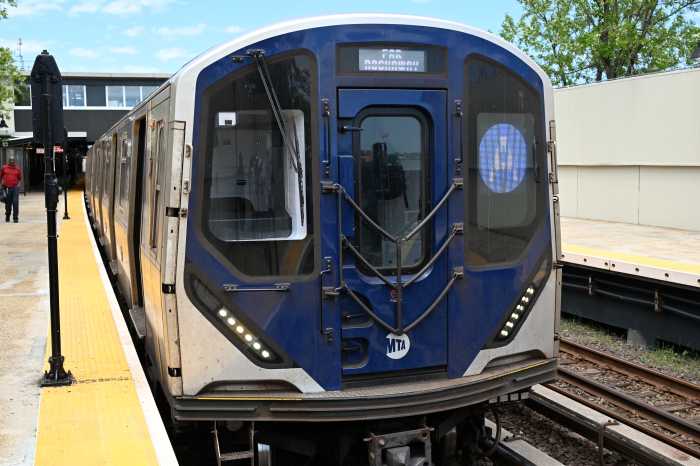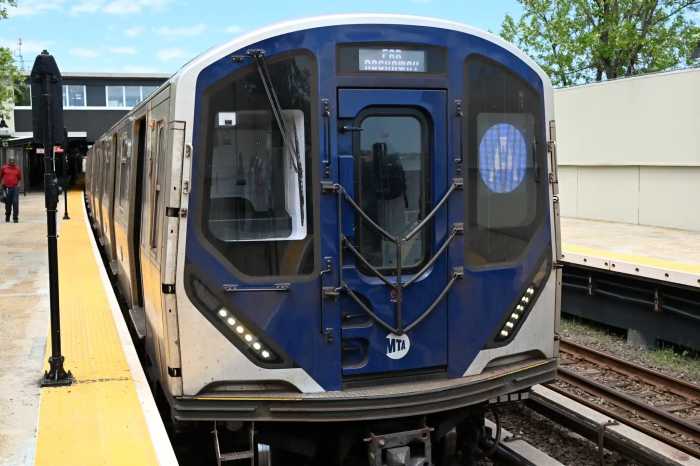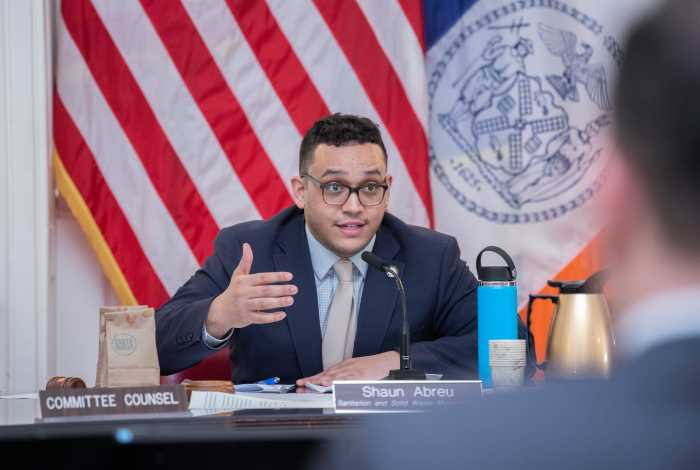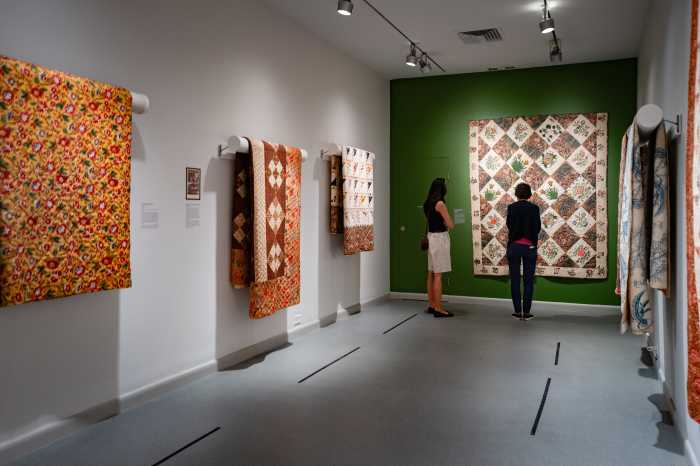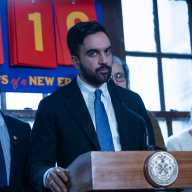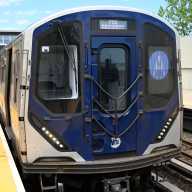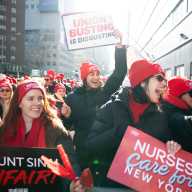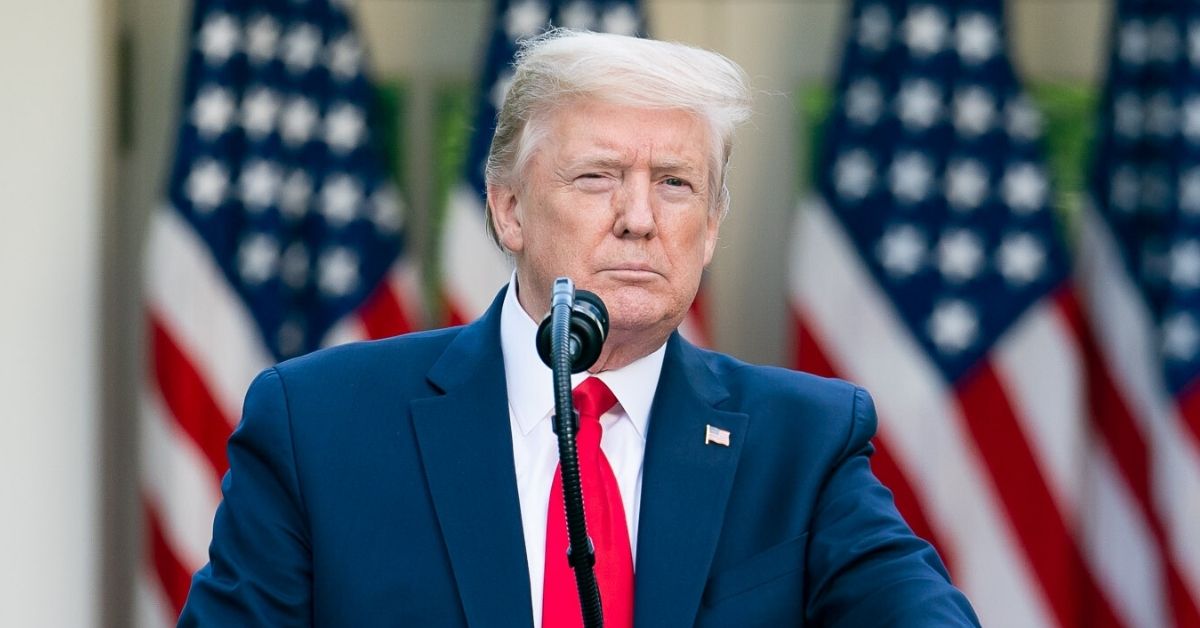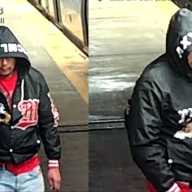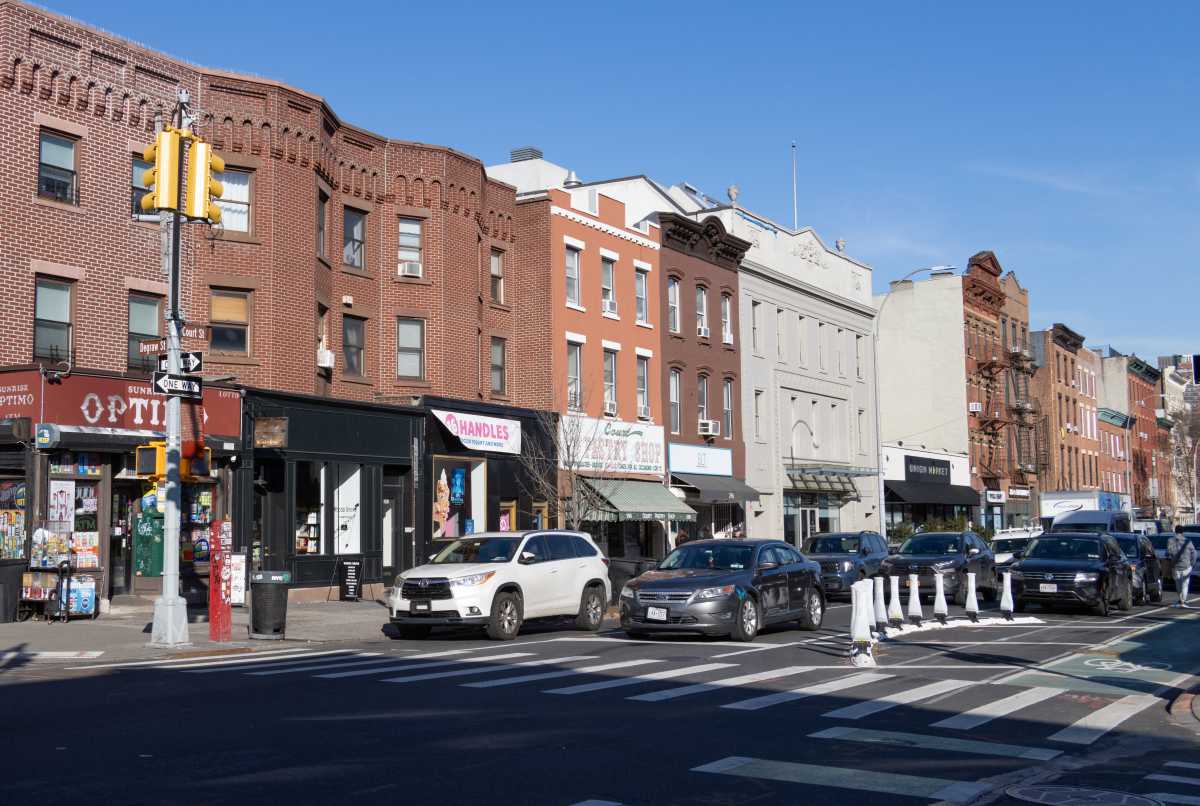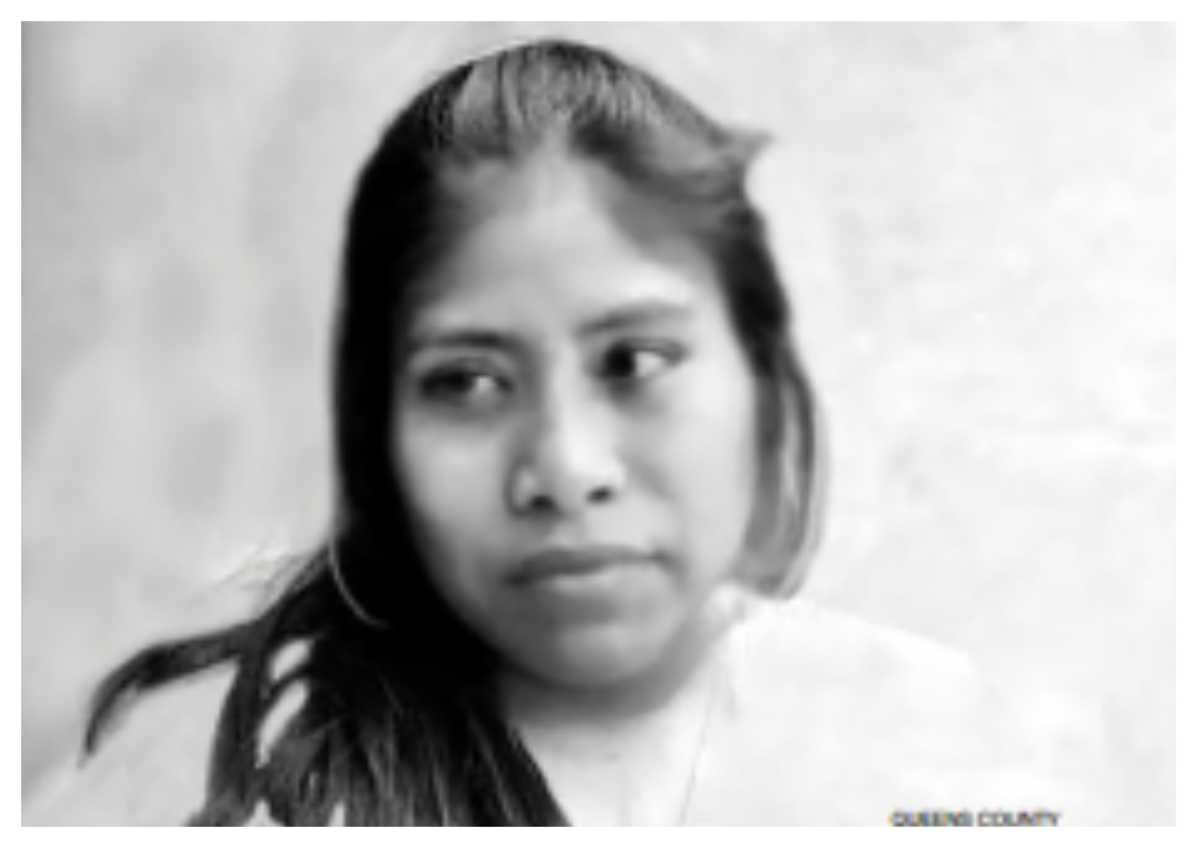
The City Council and Mayor Bill de Blasio reached an agreement in principle early Thursday morning to fund the Fair Fares plan, according to two sources.
Under the tentative agreement, $106 million from the city’s budget would pay for half-priced MetroCards for the rest of the year to nearly 800,000 eligible New Yorkers who are living under the poverty line, a source said.
“They haven’t really got into the particulars yet, but the deal is there, on principle,” the source said.
During an appearance Thursday evening on NY1’s “Inside City Hall,” Council Speaker Corey Johnson said the proposal was still being worked out. “We are moving in a good direction, but we don’t have anything to announce tonight,” he told host Errol Louis.
Eric Phillips, a spokesman for the mayor, said no deal had been reached. “We have more work to do,” he said in a statement.
Politico first reported the tentative agreement Thursday afternoon.
De Blasio has repeatedly said he wanted the state to be responsible for the Fair Fares funding and included it in his millionaire’s tax proposal to the legislature.
“I believe in the idea. I have said constantly I don’t think it’s the city’s responsibility to pay for it. I think it’s the MTA’s responsibility,” de Blasio told reporters in April.
Johnson has pushed for city funding of Fair Fares as one of his top agenda items as speaker. He had called publicly on the mayor to include the proposal in his budget and joined other council members and supporters in various advocacy efforts.
Last month, Johnson launched a digital call for action that encouraged New Yorkers to “call the mayor” on their social media accounts with the hashtag #FairFares.
The proposal has been touted by transit advocates for years as a way to bring equity to the transit system. John Raskin, the executive director of Riders Alliance, said the tentative deal at City Hall is “a game changer.”
“Public transportation should bring access to jobs and economic opportunities, but today many people can’t afford to get on the bus or subway. Fair Fares will change that,” he said.
Advocates estimated that it would cost the city $212 million a year to fund the program.
“The biggest hurdle is securing the funding, and that’s what this budget negotiation is about,” Raskin said.
David Jones, an MTA board member and the president of the nonprofit advocacy group Community Service Society of New York, said he also was pleased to see that the city is looking more likely to commit to Fair Fares.
“This is a big ticket,” he said. “It’s not inexpensive and once you go down this road, you can’t stop and back away from something like this.”
